These Moon Names Pay Homage to All Things Lunar

If you’re in search of moon names, you’ve come to the right place. Why give your baby a name inspired by the moon? Well, because the moon is nothing short of amazing – just like your little one will be! The moon bathes the night in a soft and gentle glow, yet has the power to influence the very tides of the ocean and the rhythms of life; it triggers the mass spawning of corals in Australia’s Great Barrier Reef, for example, among many other things. It’s a frontier that teams from all over the world have explored, yet still so much remains to be learned about it.
Aside from the science of it all, the moon has long been regarded as having mystical properties. While there’s no hard scientific evidence to prove it, it’s a pervasive belief that things are somehow more chaotic in the presence of a full moon (even Shakespeare referred to this phenomenon: “It is the very error of the moon. She comes more near the earth than she was wont. And makes men mad,” he wrote in Othello). In fact, the word “lunatic” comes from the Latin word for moon: luna. Wiccans believe that a full moon is an opportunity to perform the most potent magic. And what causes people to shape-shift into werewolves according to lore? That’s right — a full moon.
These sweet baby names are inspired by the wind, air, and sky — see this unique list! https://t.co/mSQoNmFJFS
— SheKnows (@SheKnows) December 27, 2023
Why, if there are so many other moons out there, is our moon called the moon? It’s because humans were unaware that other moons existed until 1610, when Galileo Galilei discovered the four moons that orbit Jupiter.
While most of these moon names sound feminine thanks to their -a ending, there are some boy names thrown in too, and some that can be considered unisex. Chandra, for example, is usually considered a girl name in the U.S. — but in India and Nepal, it’s more widely used for boys. The reason that the majority of these names skew feminine: throughout history, the moon has traditionally represented feminine energy (since its 29-day cycle is similar to the typical 28-day cycle of menstruation). But there’s nothing wrong with giving your son a moon name! The moon is symbolic of many other things too, including eternity and immortality.
It is the only guiding light our ancient ancestors had, the inspiration behind legends, myths, and deities, and a scientific marvel that has been influencing life on earth for billions of years. If you want to name your baby after something impactful, honor the moon: a source of wonder, a target for future exploration, and a constant reminder of our place in the vast cosmos.
More from SheKnows
Best of SheKnows
These Celebrity Parents Have Thrown the Most Extravagant Birthday Parties for Their Kids
Every Time Bruce Willis, Emma Heming, and Demi Moore Were Blended Family Goals
Selene
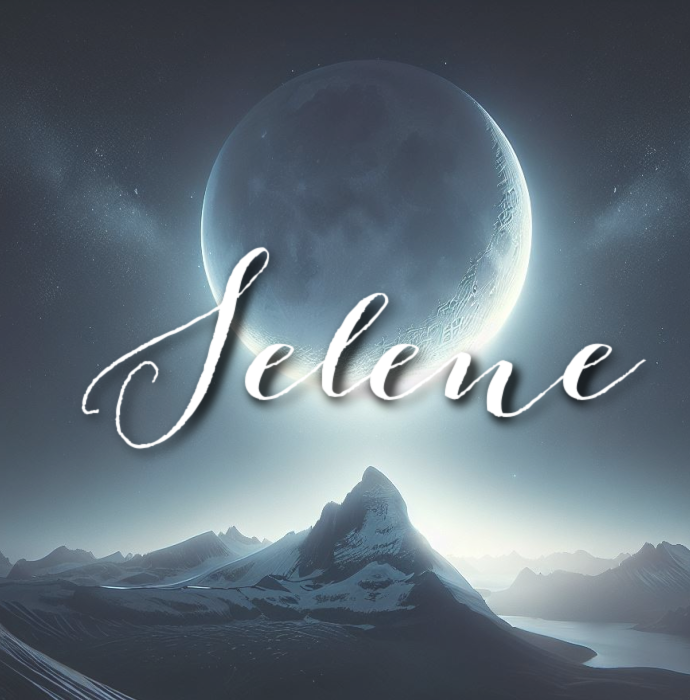
The cool and elegant Selene means “moon” in Greek — and, fittingly, was the name of a Greek goddess of the moon.
Elara
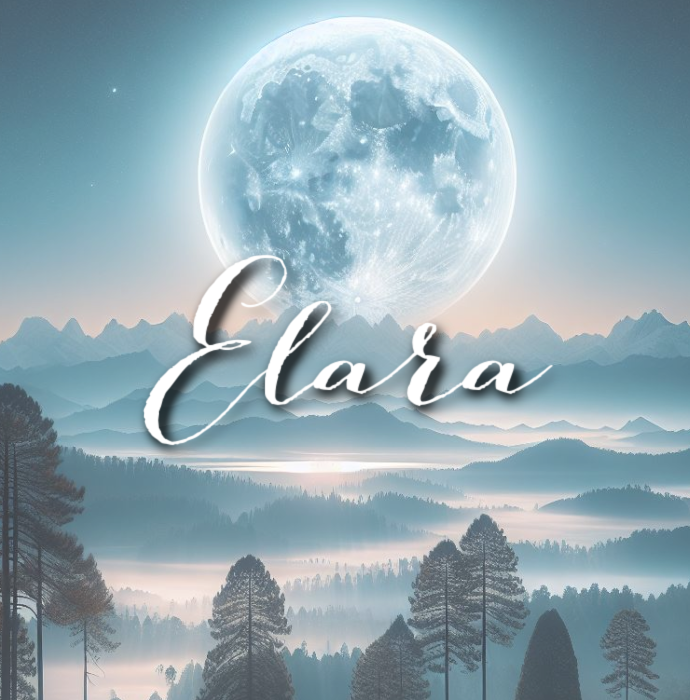
Elara comes from the Greek ἄλαρα, meaning “spear” (or, according to some sources, “hazelnut”). In Greek mythology, Elara was a mortal lover of Zeus. So what does this have to do with the moon, you ask? Well, it’s not our moon, but one of Jupiter’s that bears this beautiful name!
Calista
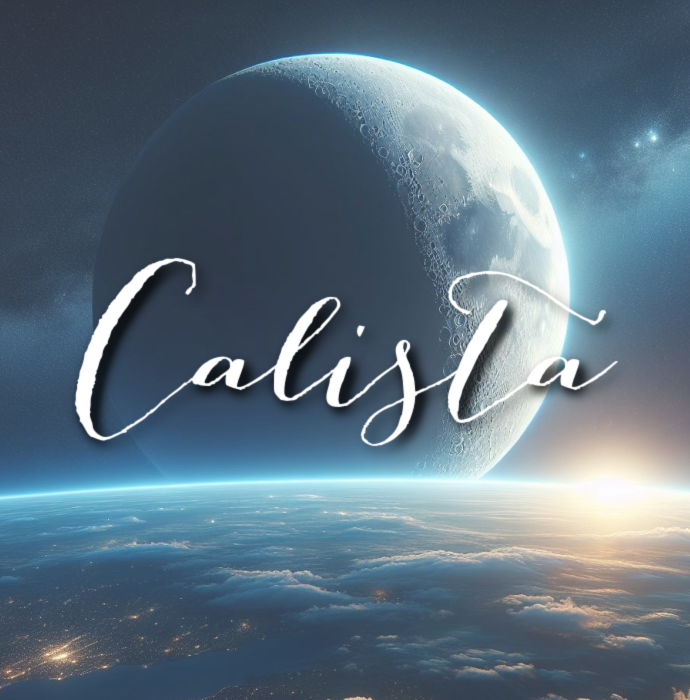
Calista is the feminine form of Callisto, which is another of Jupiter’s moons! And it meaning makes it especially appealing: it comes from the Greek name Kallistos, meaning “most beautiful.”
Jerah
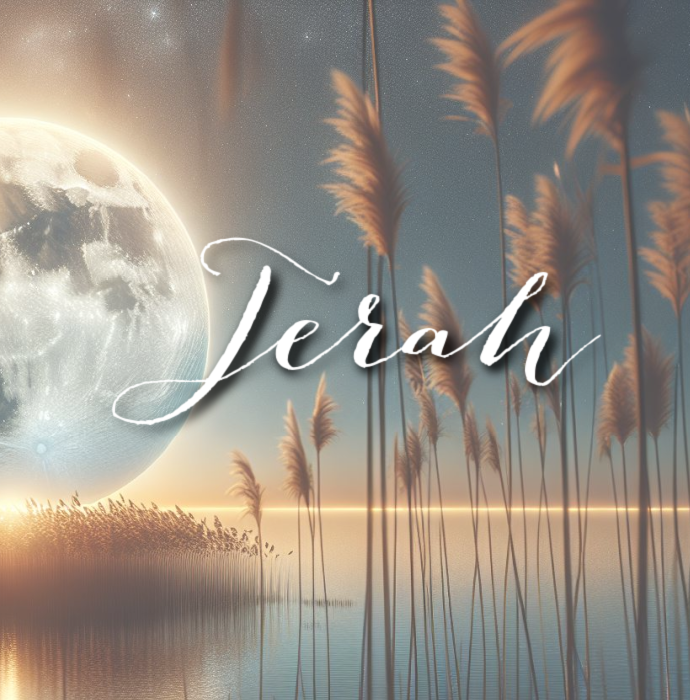
A choice that’s wearable on any gender, Jerah is a Biblical name meaning “moon” (and also, “month” and “sweet-smelling”).
Jaci
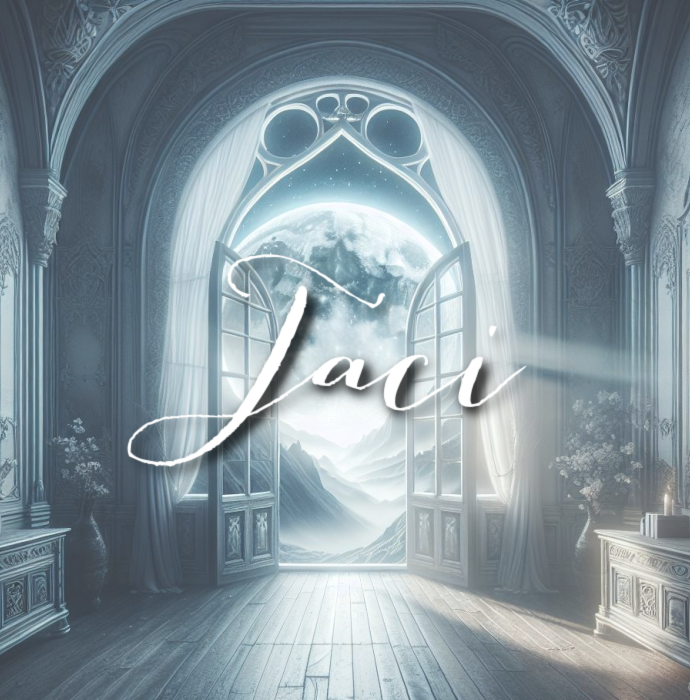
Originating with the indigenous Tupi people of Brazil, Jaci comes from the Tupi word îasy, meaning “moon.”
Sahira
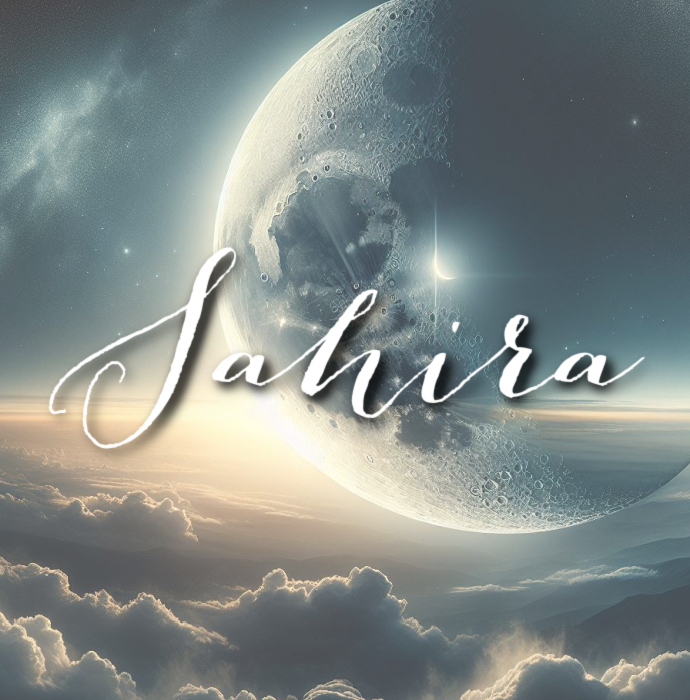
Sahira is the feminine form of the masculine name Sahir, which means “wakeful” — but is also said to mean “enchanting” or “magical,” which are all qualities associated with the moon!
Chantara
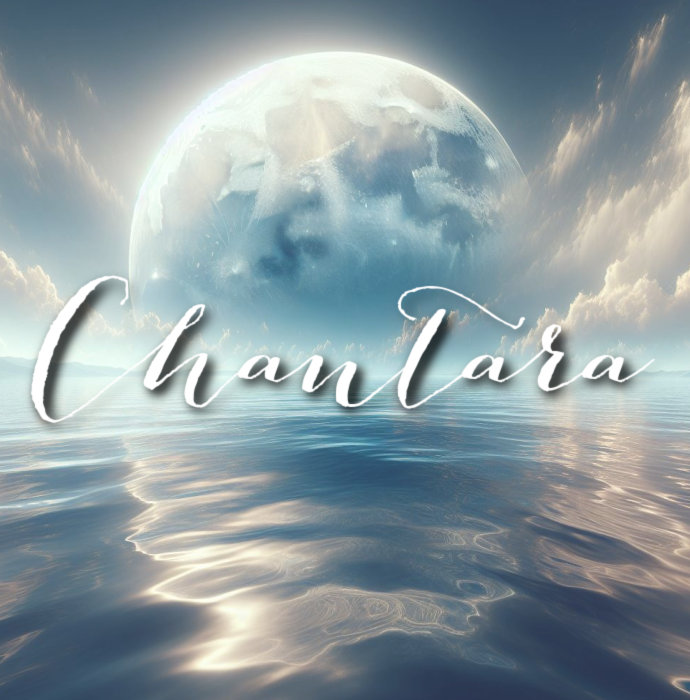
Of Thai origin, the lyrical and poetic name Chantara means “moon water.”
Ziri
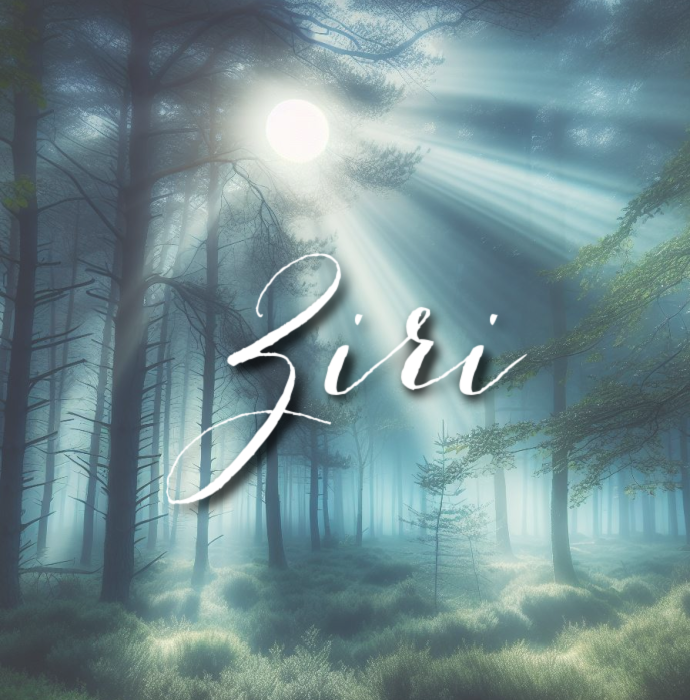
This is actually a diminutive of the longer name Tiziri, which is a name that means “moonlight” in the Tamazight language. The language is of Northern African origin, spoken by the Berber people. Whether you use the full name, Tiziri, or its zippier diminutive, it’s a gorgeous and exotic-sounding choice.
Apollo
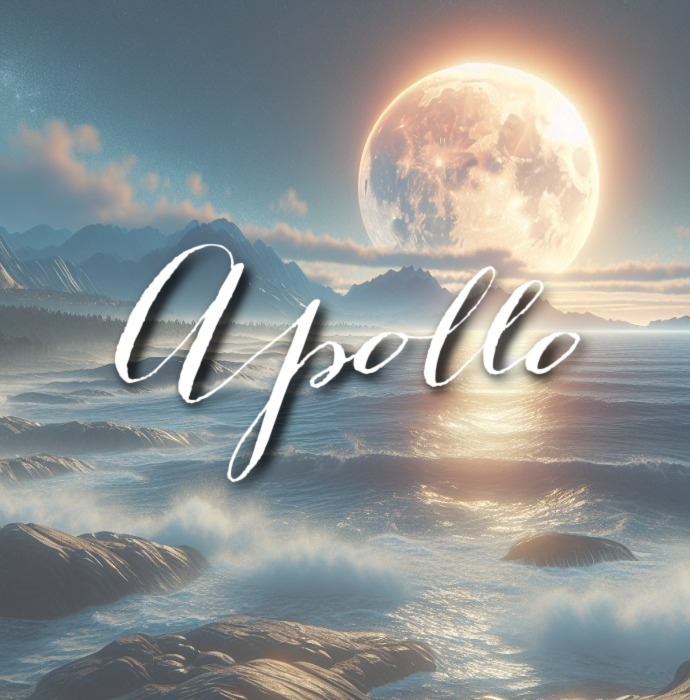
One of the male-leaning picks on our list of moon names, Apollo is of Greek origin, though its meanings vary; some sources say it means “strength,” while others say it means “to destroy.” Either way, it was the name of one of the most famous Greek gods — the god of medicine, art, music, prophecy, law, beauty, and wisdom. And though its meaning technically has nothing to do with the moon, its association is still strong. Spanning from 1968 to 1972, the Apollo program was NASA’s human spaceflight initiative that culminated in landing the first astronauts on the moon.
Neoma
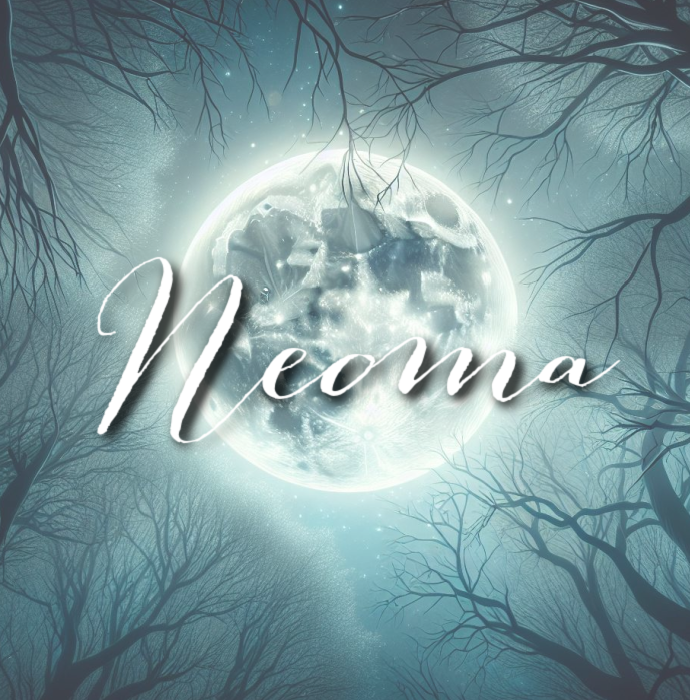
A fresh alternative to the similar-sounding Naomi, Neoma is said to be comprised of the Greek elements neo and mene, meaning “new moon.”
Mahina
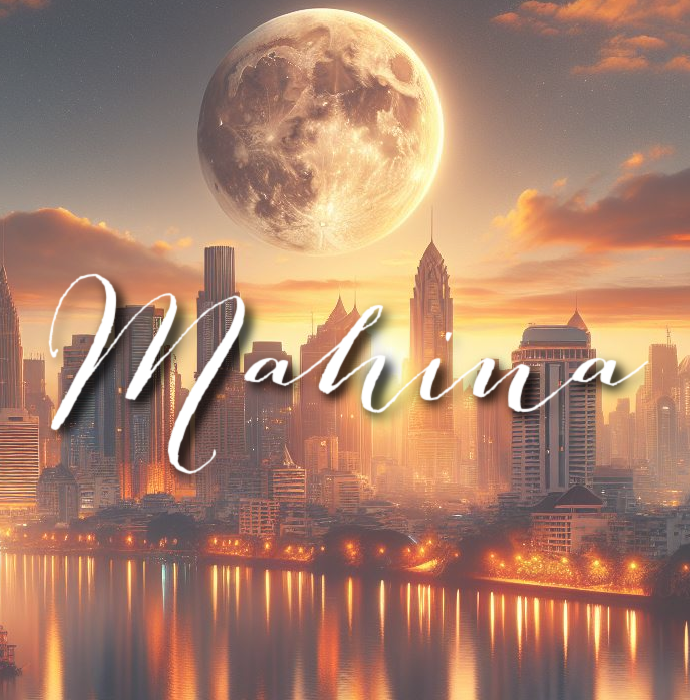
Mahina has Polynesian roots, and means both “moon” and “month.” In Hawaiian mythology, Mahina was a moon goddess. Ironically, the same name can be found in Japanese culture — where it is said to mean “sun.”
Diana
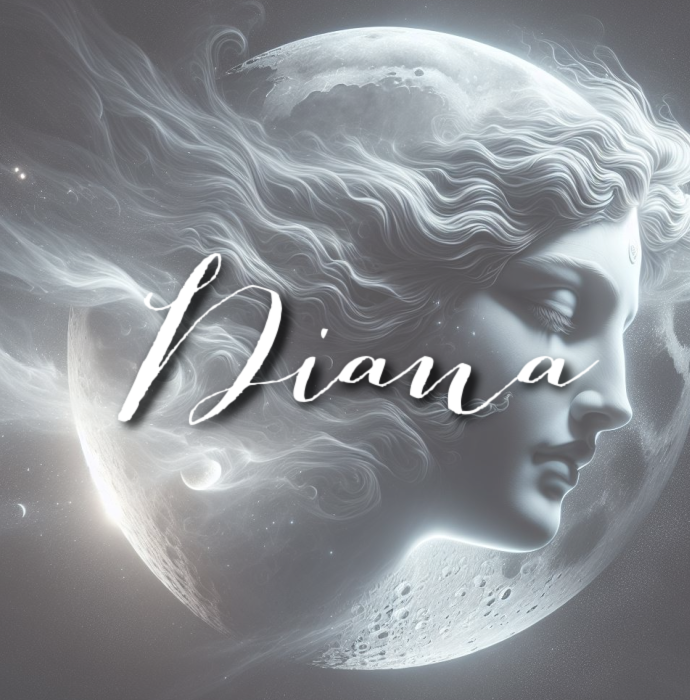
In Greek mythology, Diana is known as the Huntress; the goddess of hunting, forests, childbirth, and — you guessed it! — the moon. The name comes from the Latin diva, meaning “goddess,” though some sources also say it means “luminous,” “divine,” or “fertile.”
Ayla
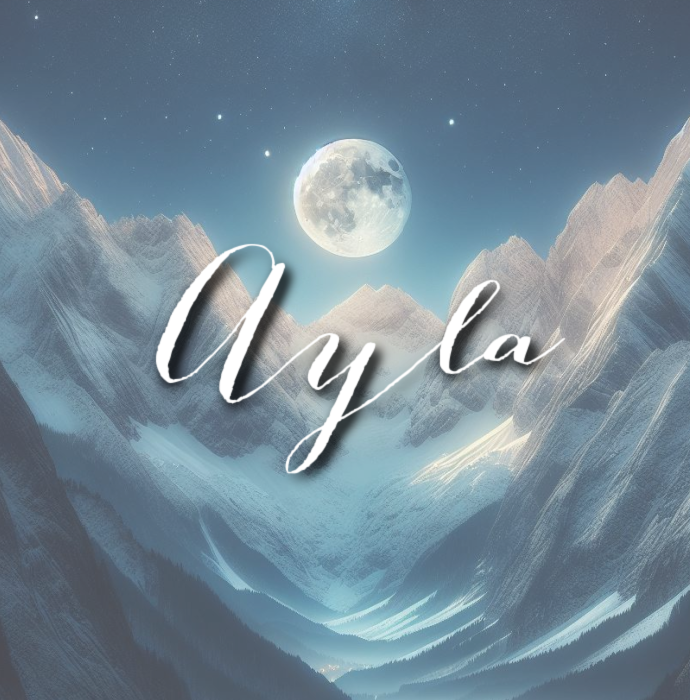
There are two beautiful name possibilities here, and they’re both of Turkish origin. There’s Ayla, which means “moonlight” or “halo,” and its variant Aylin, which means “of the moon.”
Tycho
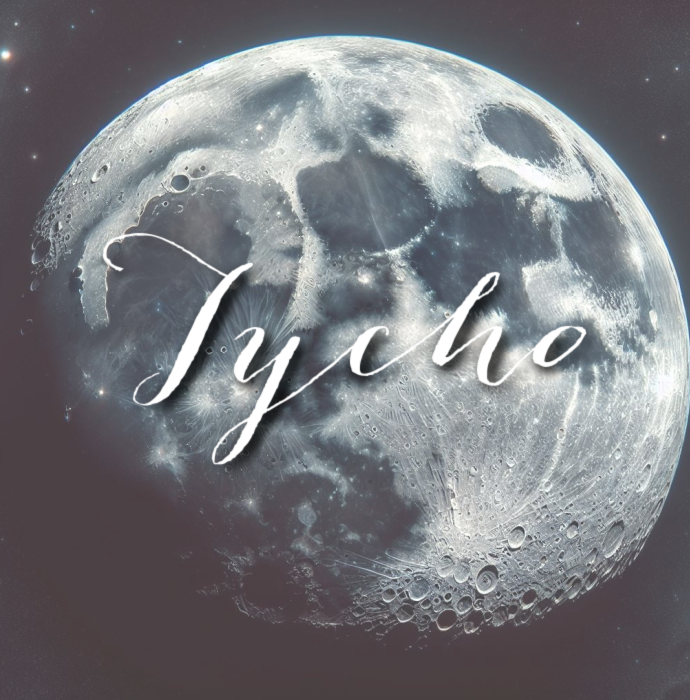
Another traditionally-masculine name, Tycho comes from the Old Norse word Þórr, meaning “thunder.” It’s most famously associated with Danish astronomer Tycho Brahe — for whom the moon’s most prominent geographical feature, the Tycho Crater, is named.
Marama
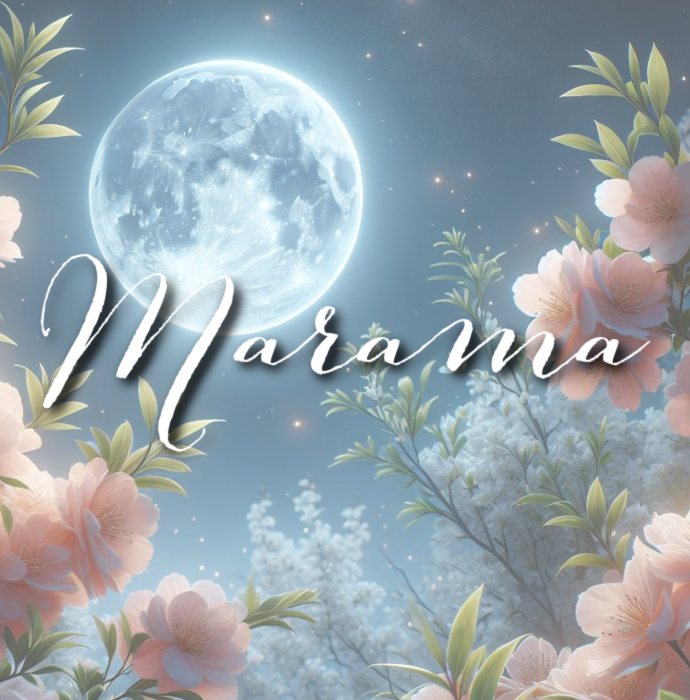
With Maori origins, the name Marama means “moonlight” — and is the name of a Maori moon deity. In Tahitian, marama means “clarity.”
Phoebe
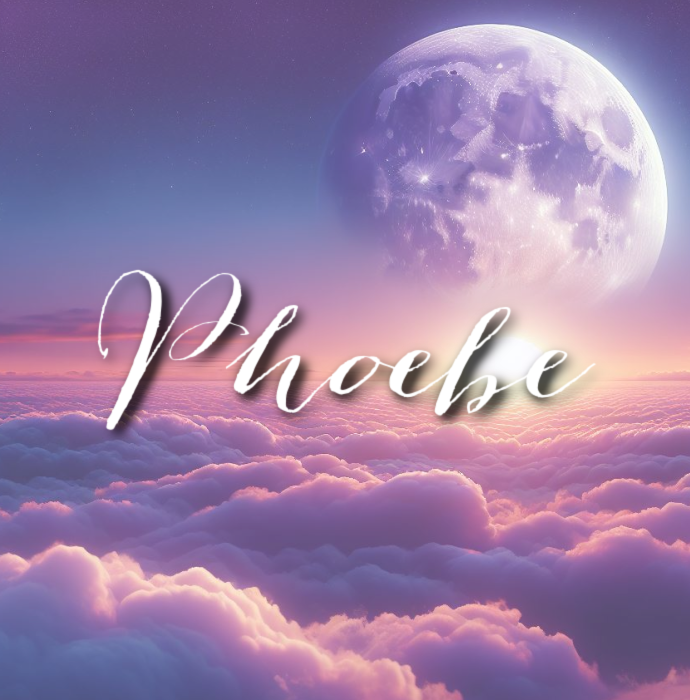
From the Greek φοῖβος, meaning “bright, pure,” Phoibe was a Titan (one of the first generations of gods and goddesses) associated with the moon. Its alternate spelling, the more familiar Phoebe, is the name of one of Saturn’s moons — made of half rock, half ice.
Kamaria
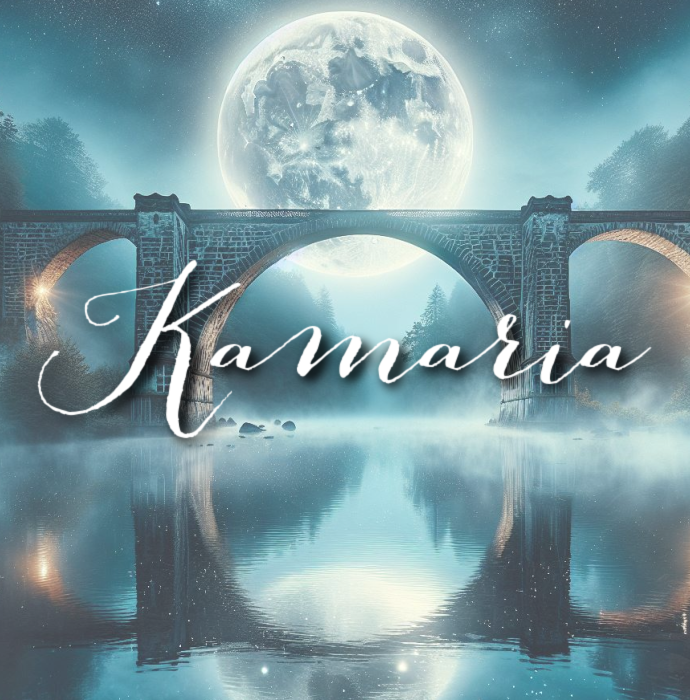
This lyrical name is a feminine spin on the Arabic word qamar, meaning “moon.”
Artemis
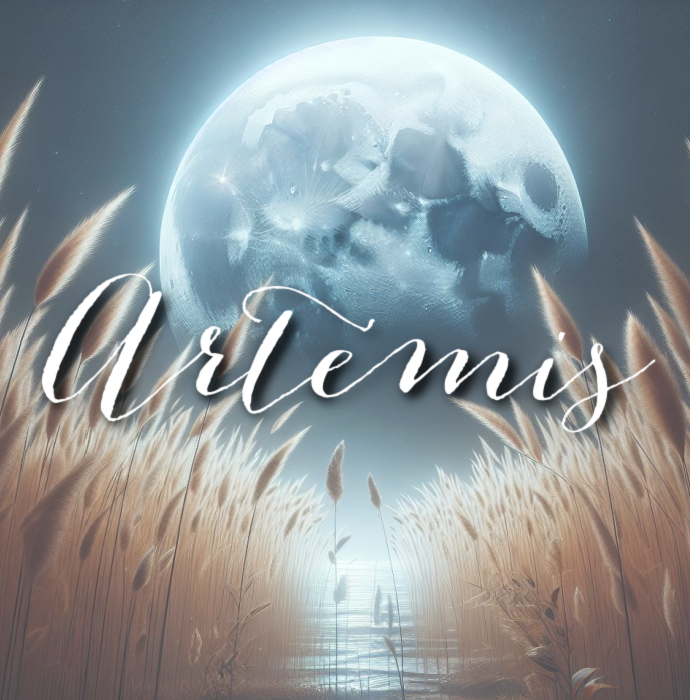
Artemis is the Greek mythological equivalent of the Roman goddess Diana — the goddess of the moon and of hunting, Greek version. The origins of the name have two possible meanings, and they’re oddly dissimilar; it either comes from the Greek ἀρτεμής, which means “safe,” or ἄρταμος, which means “a butcher.”
Luna
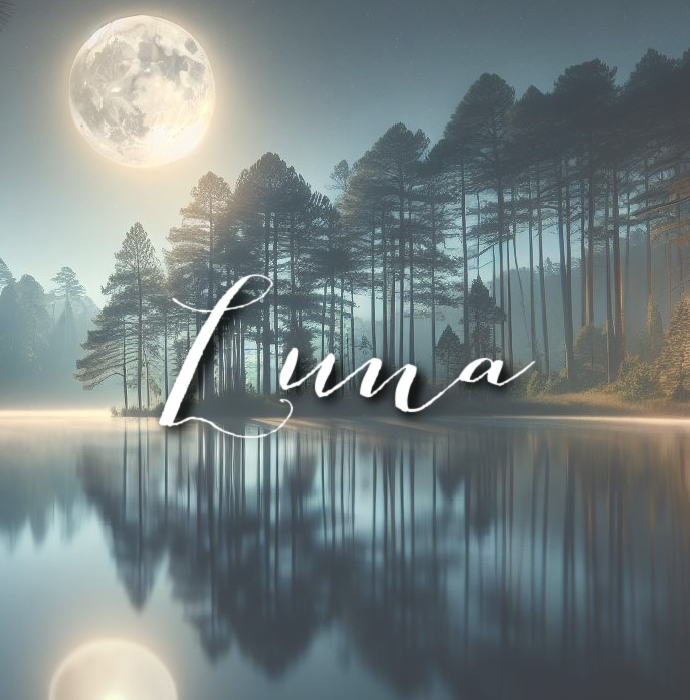
Arguably the most popular moon name out there, luna is simply the word for “moon” in Latin, Spanish, and Italian. According to data from the U.S. Social Security Administration, Luna first appeared in the top 1000 most popular baby names in 2003, when it ranked #890. As of last count, it had skyrocketed to #10!
Chandra
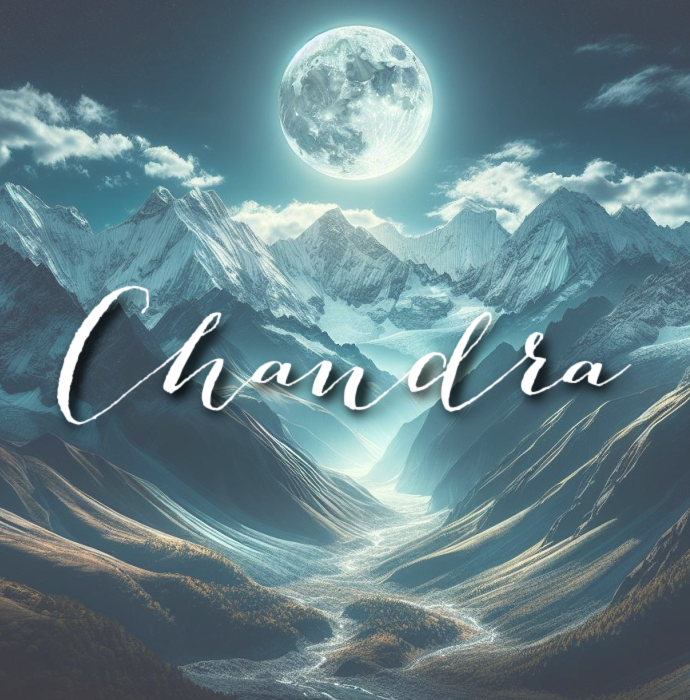
Used as both a masculine and feminine name, Chandra is the Sanskrit word for “moon” — derived from chand, meaning “to shine.”

